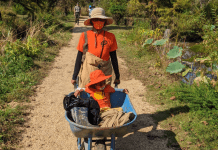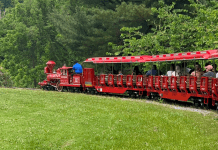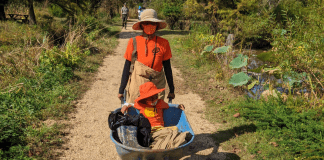Children need the freedom and time to play. Play is not a luxury. Play is a necessity. ~ Kay Redfield Jamison
All moms have witnessed ubiquitous games of “lava” that break out whenever a group of preschoolers are together. The rules are simple: the floor of the room or the ground of the playground has turned into lava (or an ocean filled with sharks.) The intrepid adventurers must traverse the length of the room or the play structure without having their feet touch the ground. They bring their utmost seriousness and creativity to this self-imposed task.
Researchers in child development are just beginning to understand the effect of play on the brain. Studies in this area all point to one thing: play is the single most important activity children can engage in to further their development. Far from being wasted time, play creates new synapses, enhances social skills, and builds strong bodies.
What Does Play Look Like?
What comes to mind when you hear the word “play” used? Tall towers of LEGOs or blocks? Running and jumping on a playground? Coloring in a coloring book? Play can take on many different forms, depending on the child and the situation. All of the above examples are ways in which children interact with their surroundings to learn more about themselves and the world. The concept of “play” covers a multitude of activities. Here are a few types of play that help build kids’ minds, bodies, and emotional resilience.
Outdoor and Physical Play
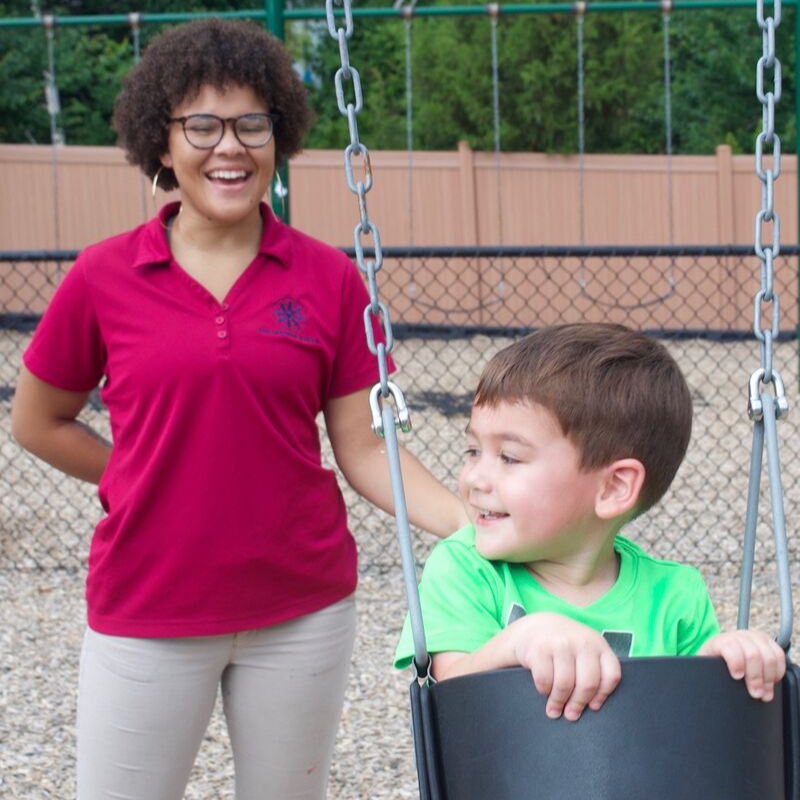
When a parent asks a child if he or she would like to go play outside, they’re usually referring to physical play. This type of play is important for developing physical strength, flexibility, agility, and spatial awareness. Climbing, jumping, pulling, sliding, and swinging are just a few of the movements kids engage with during physical play. Kids enhance their gross motor skills and balance, while improving their cardiovascular systems and hand-eye coordination. Researchers found that regular physical exertion in kids helps increase the size of the hippocampus, the part of the brain responsible for long-term memory and information storage and retrieval. Physical play also supports emotional regulation in children and enhances executive functioning skills. That means that when kids are feeling out of sorts, a visit to the playground can help calm and soothe them.
Outdoor play is also a way to strengthen your child’s immune system. As the days lengthen, humans feel a biological imperative to get outside! This instinct to play in the sun is present in kids as well. Our bodies tell us to get outside to help us take in and metabolize Vitamin D. Safe outdoor play with proper sun protection has been correlated with an increase in Vitamin D, which has been shown to reduce the incidence of autoimmune diseases.
Indoor and Imaginative Play
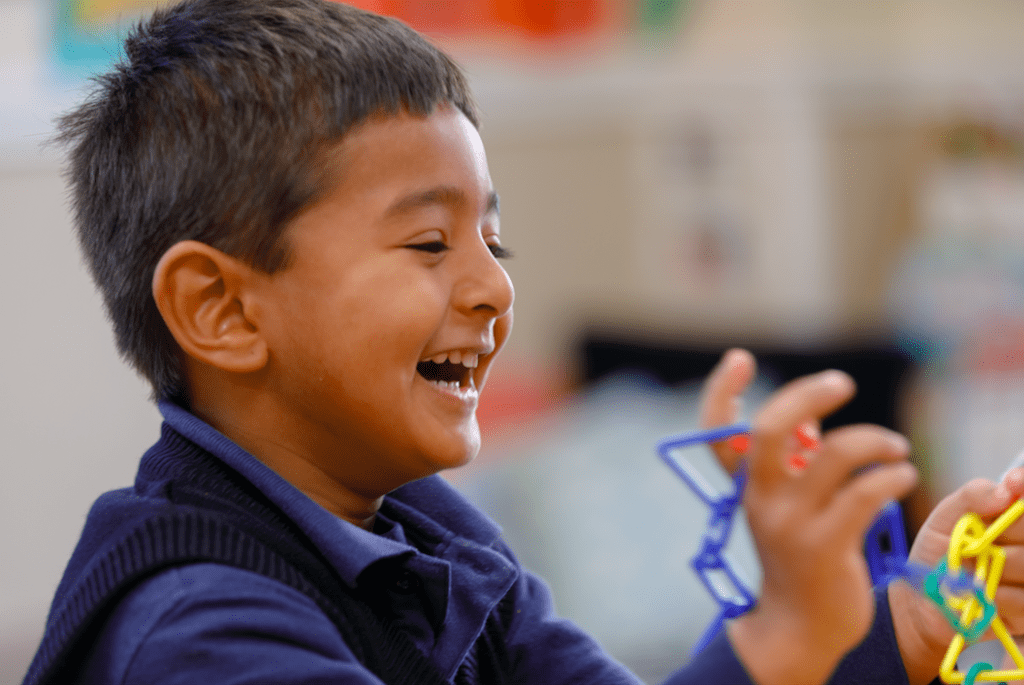
Social and emotional learning is always at work in imaginative play. When this type of play is undertaken with a group, it can help encourage teamwork and enhance social skills. Kids can practice asking a playmate for assistance or an object using the words “please” and “thank you.” They’ll also gain experience while navigating sharing, turn-taking, and group dynamics as they work with each other to achieve a goal or play a game.
Indoor play can make use of replicas of tools and objects in the adult world. Being able to manipulate and explore these objects helps kids build their sense of efficacy and agency. Play kitchens with realistic pans, utensils, and wooden or fabric fruits encourage kids to practice being a part of meal selection and preparation. Tools such as saws, brooms, vacuums, and hammers allow children to act out constructing, fixing, and cleaning scenarios. When kids engage in imaginative play together, they often accompany it with a narrative, assigning parts and enacting scenarios. Through play, they’re also practicing their mastery of narrative. Cause and effect, conflict and resolution, and character motivation are all being explored through pretending. Through these self-created narratives, they practice problem-solving, divergent thinking, and creative expression.
Encouraging Play In Children
Children are naturally drawn to playing and exploring, but there are things parents and educators can do to enhance the play experience for children. In spaces where children will be playing, safety, variety, and boundaries are an important part of creating play areas. As you’re choosing a preschool or child care facility for your child, look for spaces that are bright and colorful and that contain play structures or furniture with rounded, soft edges. Indoor play areas should have books, objects, and costumes for imaginative play, as well as art supplies and instruments for creative expression. Looking at a list of NAEYC accredited preschools is a great way to ensure that indoor and outdoor play spaces have been independently evaluated to assess their educational value.
Play looks simple, intuitive, and fun, but so much goes on beneath the surface. In reality, play is one of the most complex activities kids can engage in to enhance their growth and development. When it comes to social, emotional, and physical health, a visit to the playground can be just as important as reading a book to help your child develop and grow. When kids ask for “five more minutes” of sliding and swinging at their favorite playground, you can rest assured that you’re providing them with a foundation of learning that will last for years to come.
The Gardner School of Herndon is a NAEYC-accredited preschool that provides opportunities for children to grow and learn through the power of play. With a healthy mix of structured enrichment courses and free play activities through learning centers within the classroom, we give children the guidance they need to reach their fullest potential. Our interactive curriculum, academic focus, and highly-trained teachers keep kids deeply engaged in learning. To learn more about how we fulfill our mission to D.C. parents, set up a time to explore our location.


